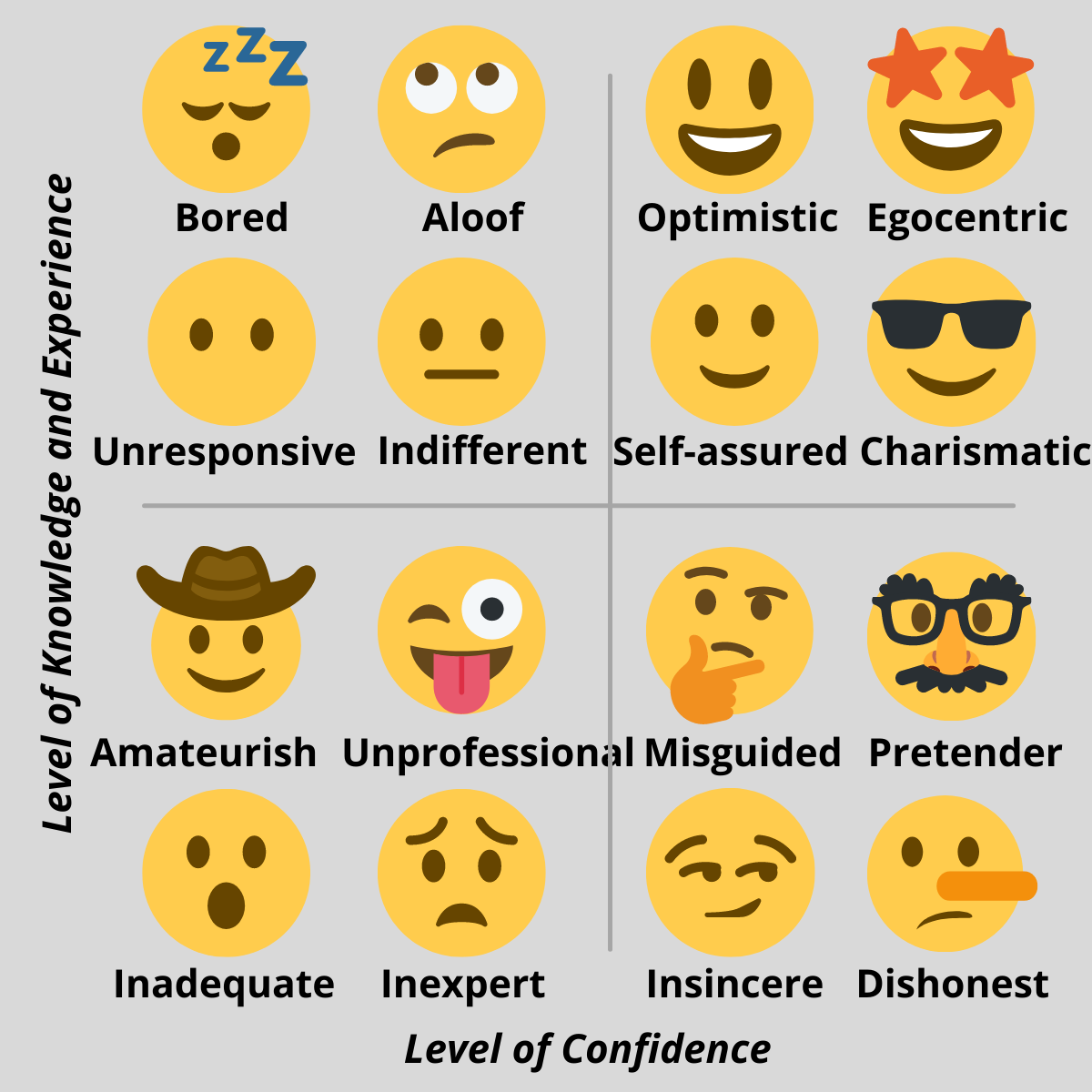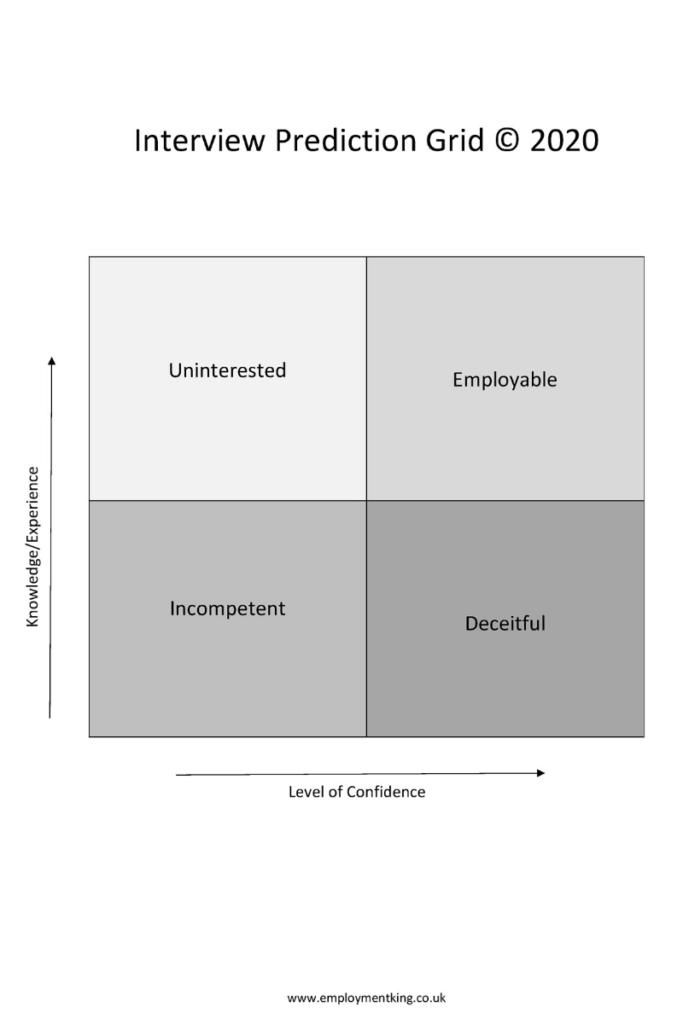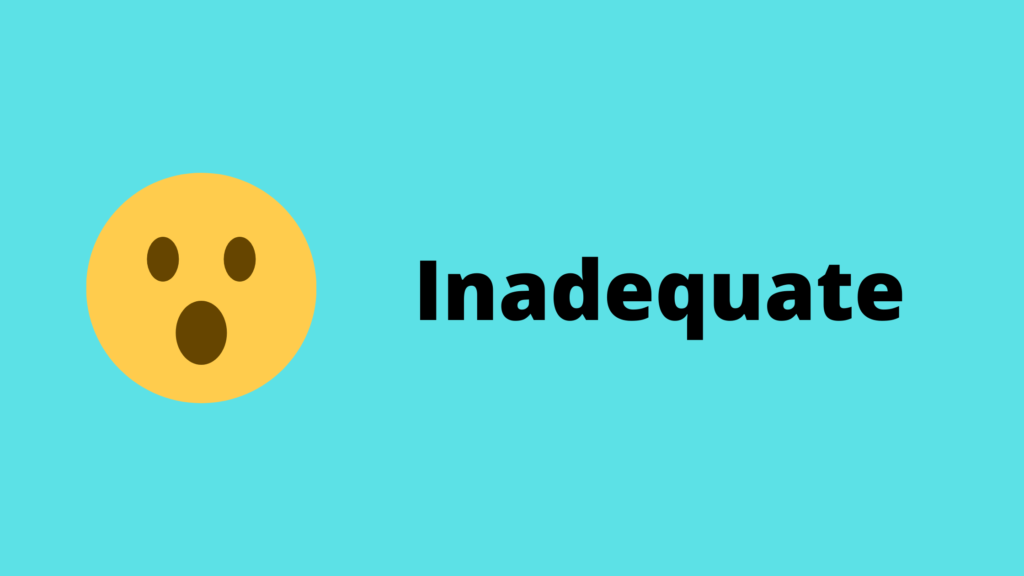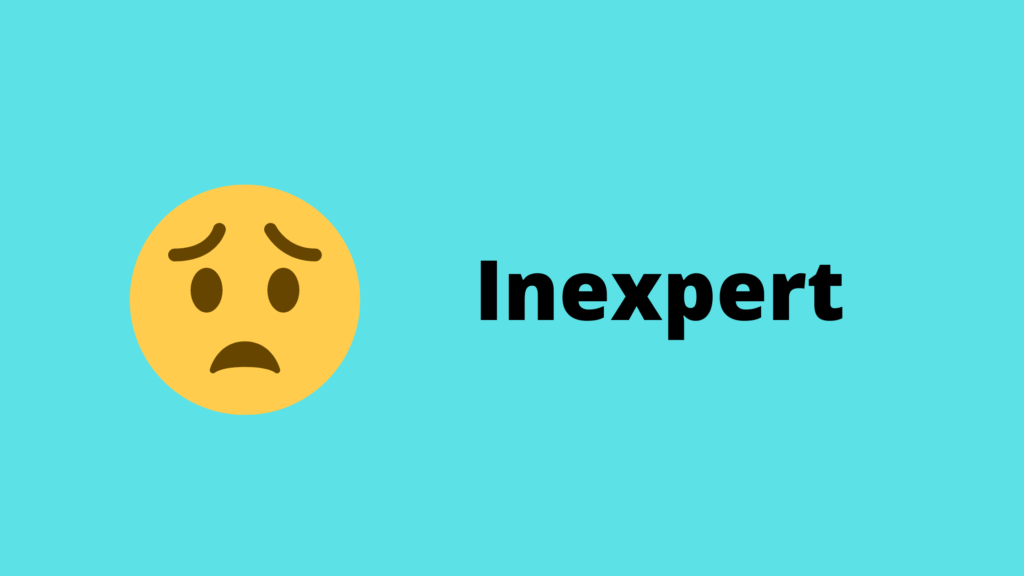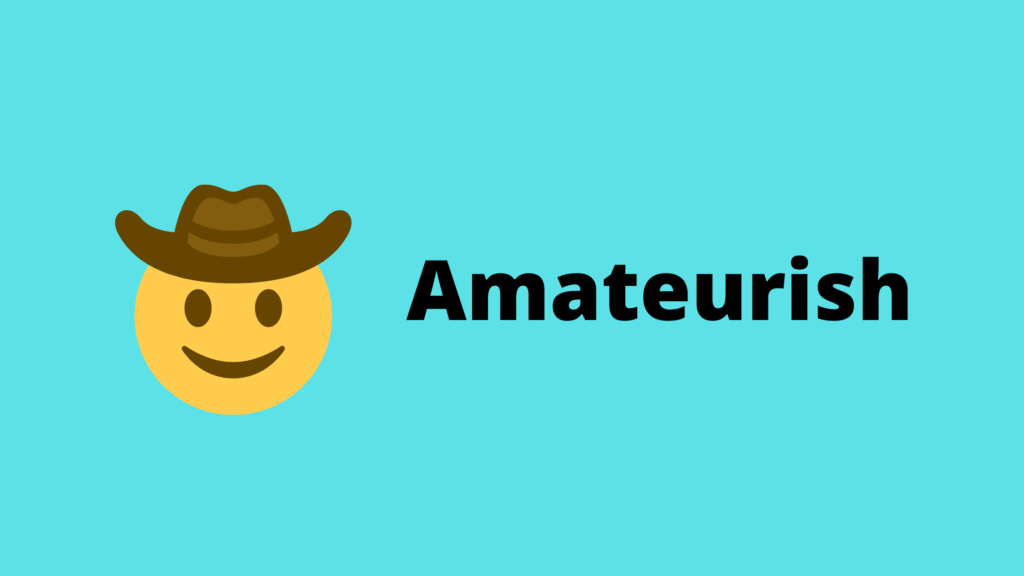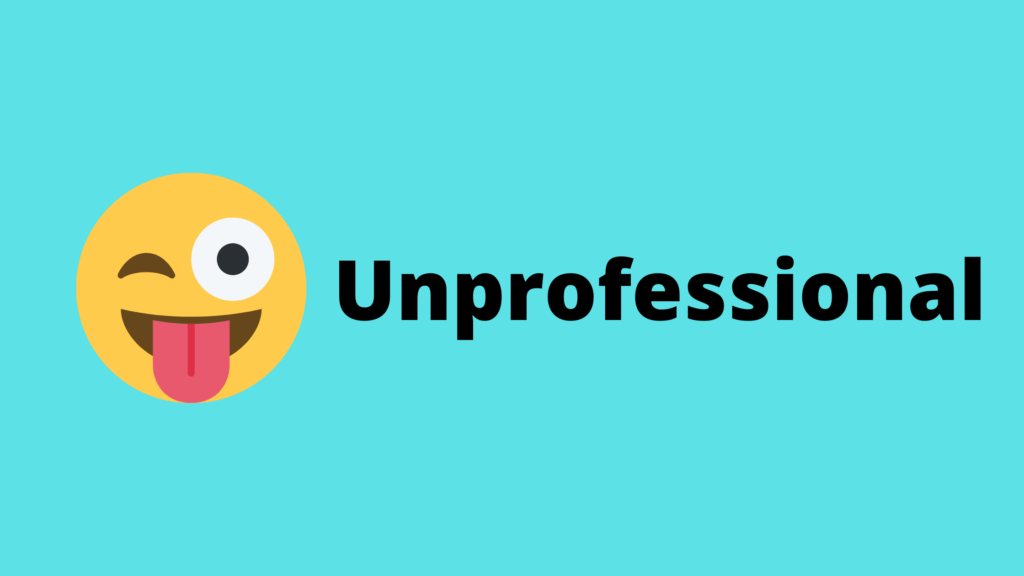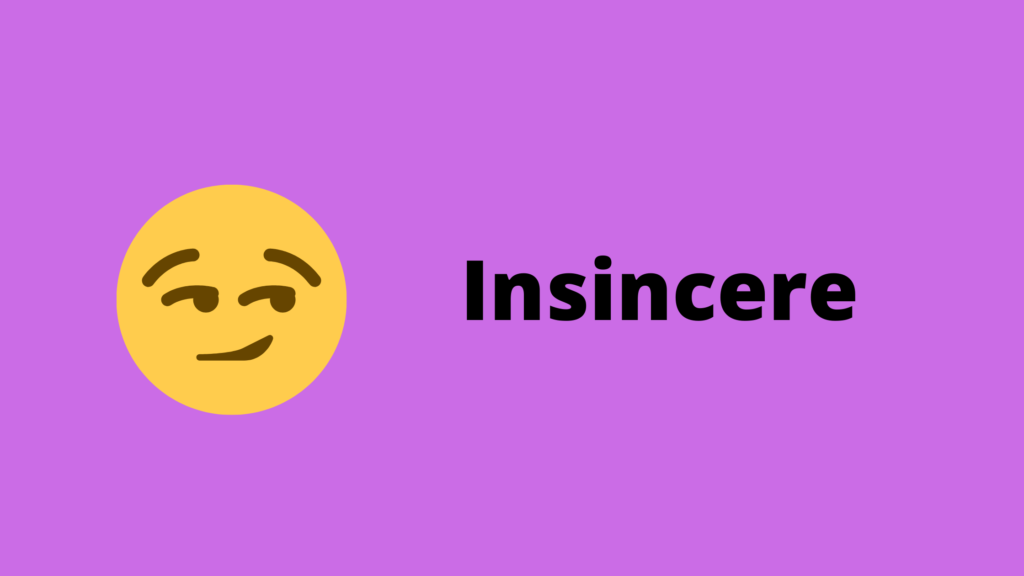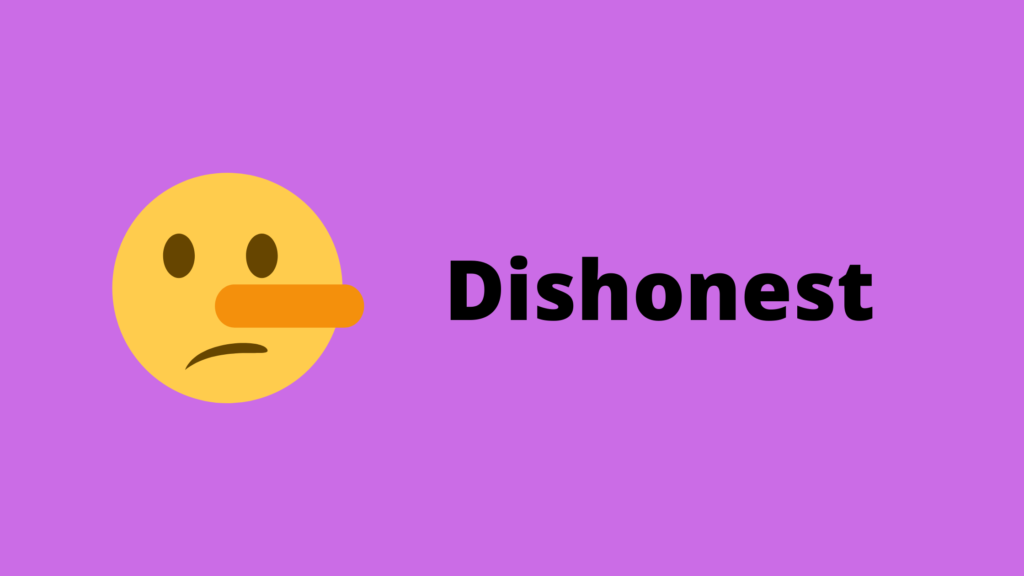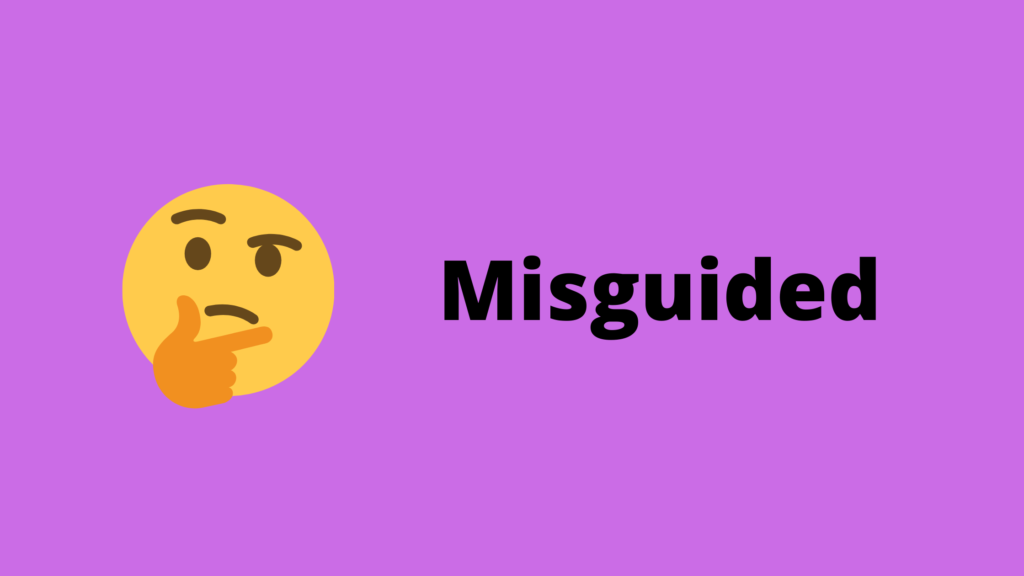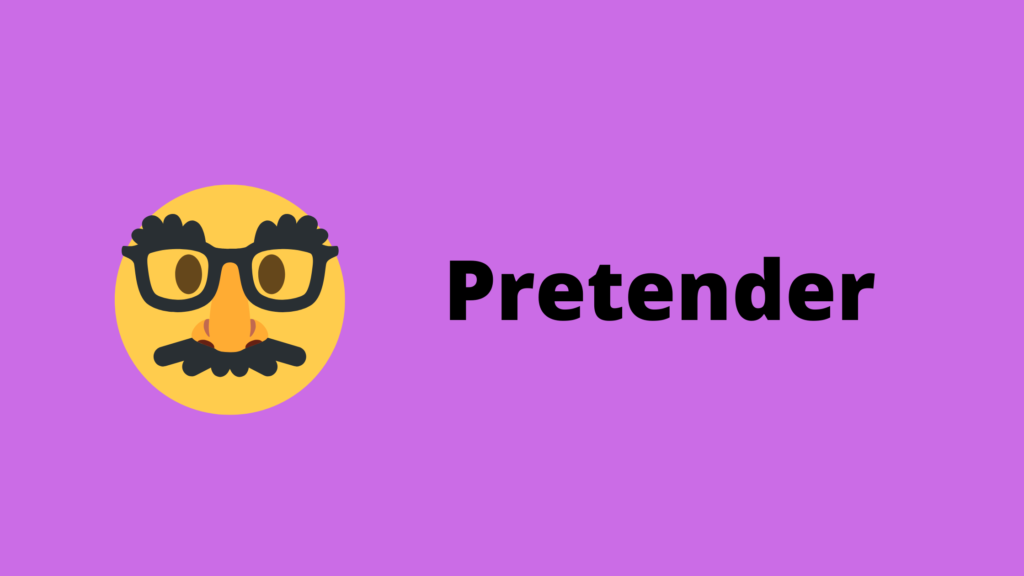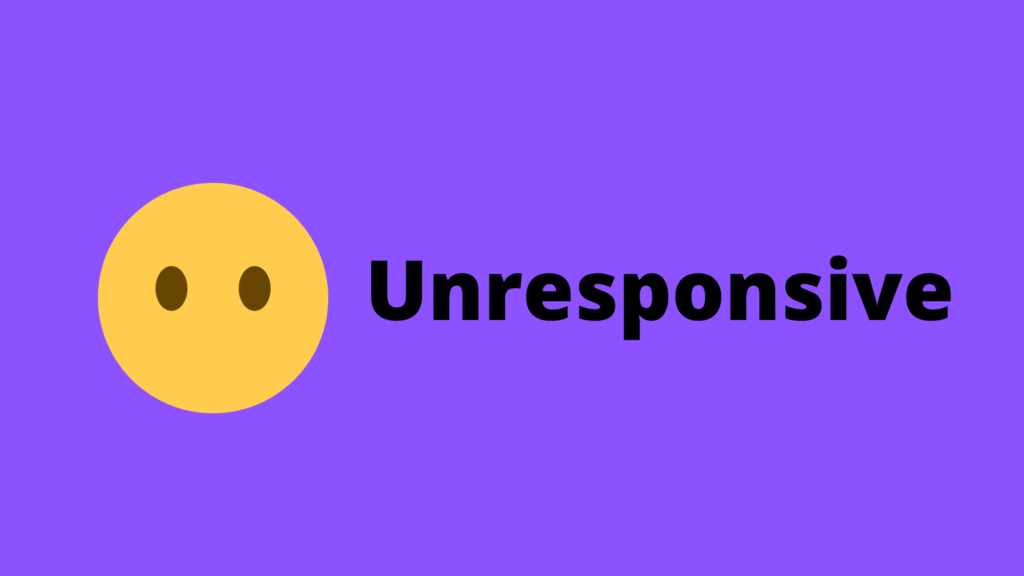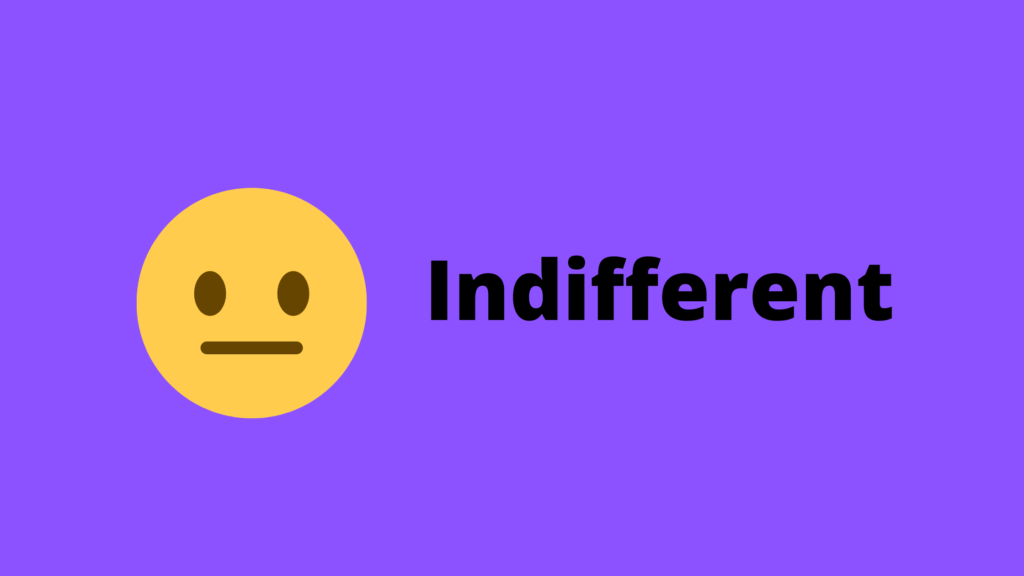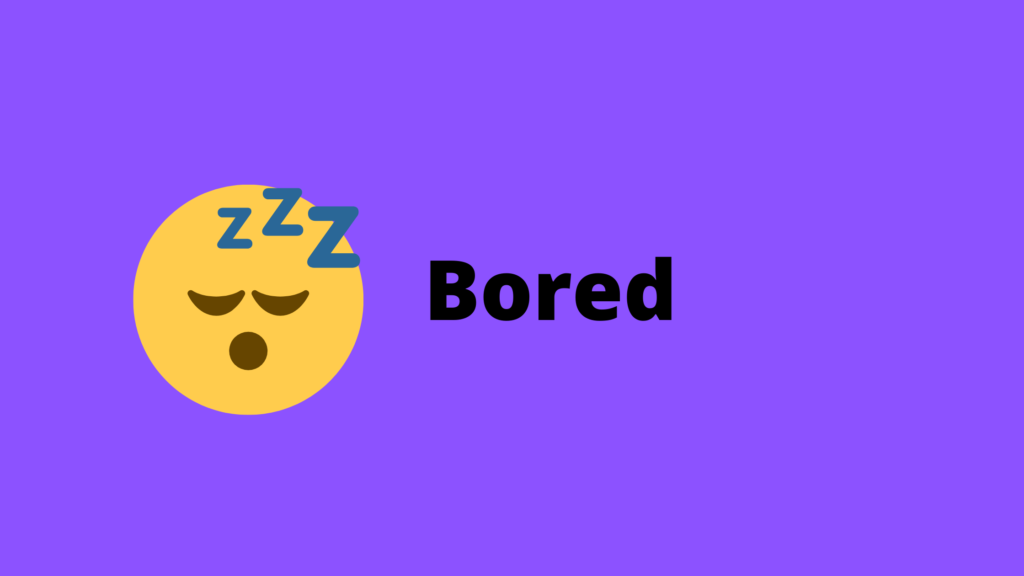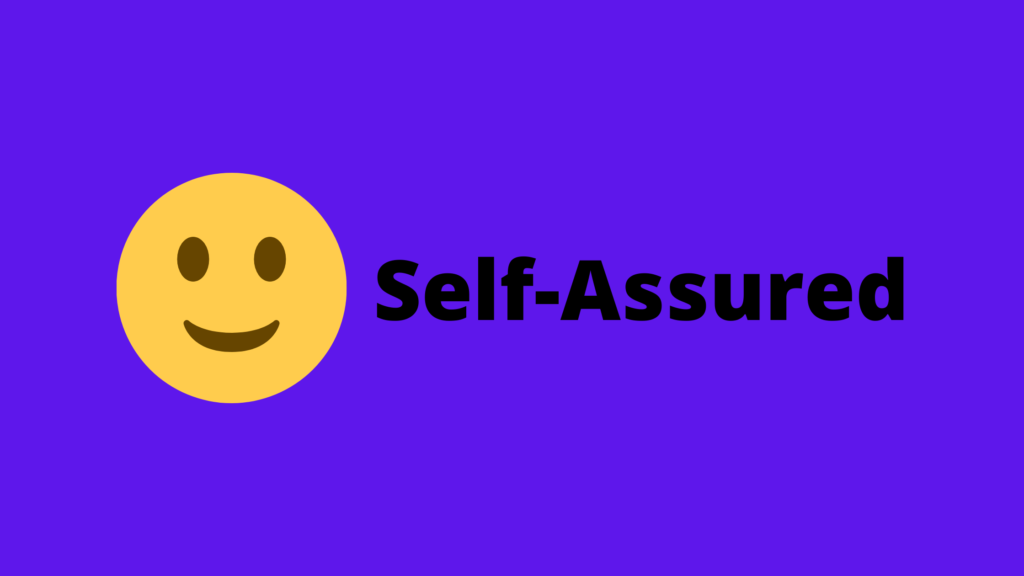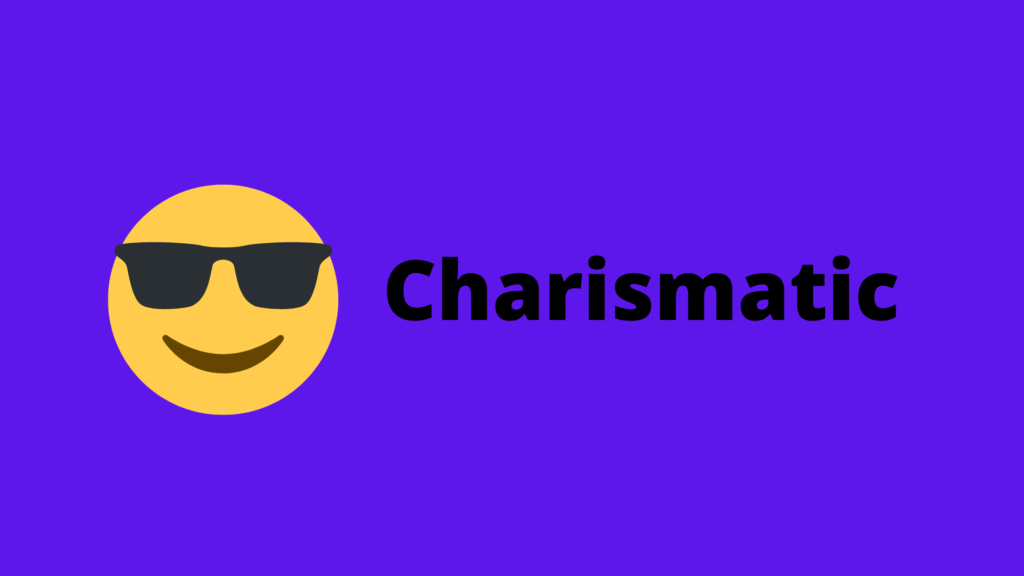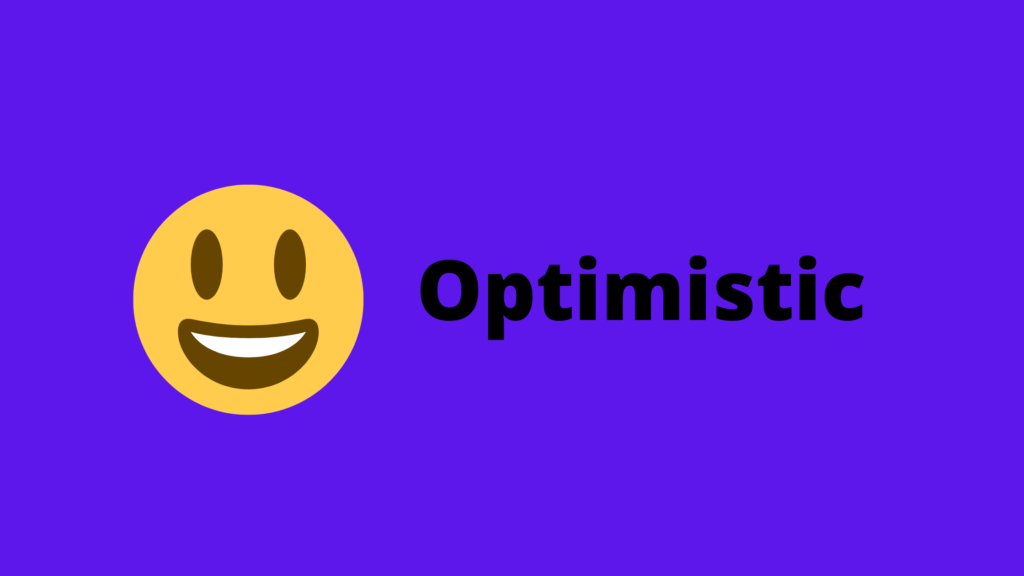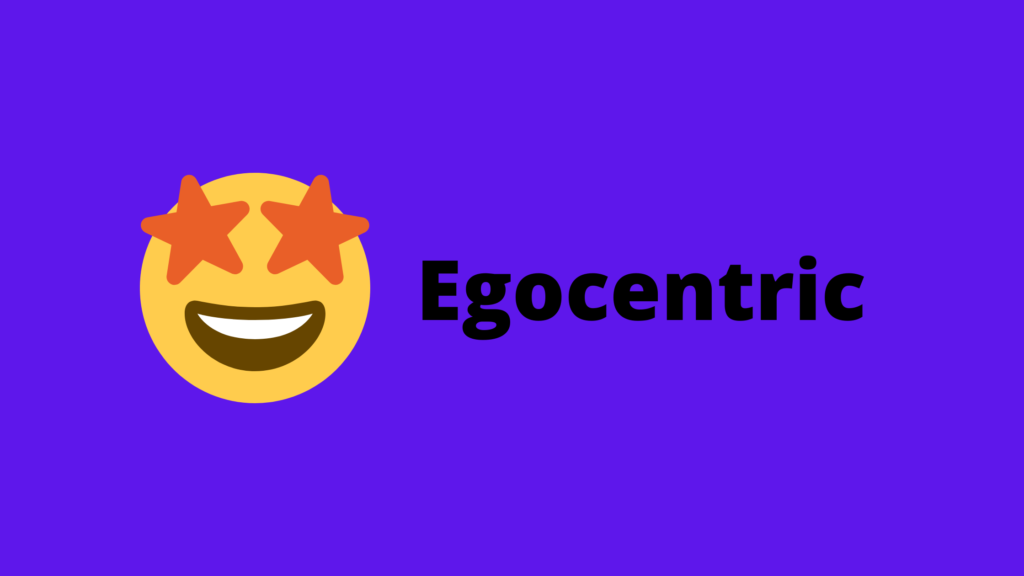The employer’s decision-making process is influenced by the applicant’s perceived level of knowledge and experience vs their level of confidence – the candidate’s interview identity.
Confidence is presumed by the interviewee’s body language, posture, walk, handshake, eye contact, and communication skills.
Therefore the initial impression, when the employer first meets the interviewee, is a key moment.
If the applicant exudes confidence, the impression of the candidate will be positive as humans like and are drawn to, confident people. In fact, most people are attracted to people who they believe are confident.
A confident first impression based on the appearance of an applicant, prior to answering any job interview questions, is an unconscious bias.
Biases act as an initial filter. At a basic level, the bias creates a likeability filter. If an employer has a positive opinion of the applicant, based on their confident initial impression, the interviewer will subconsciously search for evidence to back up their belief.
In short, utilizing confident body language encourages the interviewer to see the applicant as a potential team member.
A second gain to having confident body language is the body-mind cycle.
The mind-body cycle works by a person’s stance, confident or nervous, sends signals to the mind – I am feeling confident or nervous, which creates positive or negative thoughts: “I am going to ace this job interview” or “I am going to fail!”
The negative or positive thoughts, cycle back to the body reinforcing the confident or nervous posture – the applicant will stand more confident; head held high, should backs, good eye contact. Or more nervous; head hung low, arms crossed across the body, shaking legs.
The new reinforced body language sends a reinforced message to the mind, starting the cycle all over again.
Research shows how a confident interviewee will:
- Actively promote themselves
- Use positive and enthusiastic language
- Give longer and more descriptive interview answers
Confident Body Language
The body can be broken down into four parts; the head, arms, torso, and legs.
Actors look confident when on stage.
One technique used in the acting world, to help people with poor posture, is the Alexandra technique:
- Stand up
- Imagine a piece of string going through your body and coming out the top of your head
- Imagine someone pulling the string, so it pulls your body up until you are on stood on your tiptoes
- Allow the string to relax, so you land on the balls of your feet
- This ends with a straight back and an assertive posture
Head confidence
Microfacial expressions give away internal emotions. In the book, Emotions Revealed, Paul Ekman explains the 7 universal micro facial expressions:
1. Sadness – narrowed eyes, eyebrows together, down-pointed mouth, and a pulling up of the chin
2. Anger – lowered eyebrows, tense lips and eyelids, and wrinkled forehead
3. Contempt – single raised corner of the mouth, a slight tightening of the eyelids (sneer)
4. Disgust – raising of the upper lip, narrowed eyes, wrinkled nose, and narrowed eyebrows
5. Surprise – dropped jaw, relaxed lips and mouth, widened eyes, and slightly raised eyelids and eyebrows
6. Fear – eyes and mouth open rather widely, eyebrows raised and nostrils flared
7. Happiness – raising the corner of lips and cheeks, narrowing eyes to produce “crow’s feet” on the outside of each eye
An interviewer meeting the applicant for the first time will subconsciously register the interviewee’s emotions via fleeting micro-expressions.
Some research explains how a judgment of an applicant’s intelligence is based on the candidate’s face and expressions, with a narrow face, with a prominent nose being viewed as an intelligent face.
At a more basic level, a candidate with low self-esteem will often break eye contact quickly and look towards the floor, as they feel under pressure. In addition, nervous candidates are known to frown or scowl.
The lack of eye contact and the frowning and scrawling of an anxious person is an invisible wall to building rapport.
On the other hand, confident career professionals create likeability through smiling, direct eye contact, and holding their chin up.
Arm confidence.
Fidgeting is a sign of worry.
Nervous candidates will disclose their anxiety by:
- Putting their hands in and out of their pockets
- Pulling at invisible pieces of cotton on their shirt
- Tapping their fingers on the desk
- Twirling their hair around their fingers
- Covering their mouth with their hands
- Shaking hands
- Itching
Hands communicate.
When speaking confidently, a comfortable communicator will express themselves with gestures.
“Speech and gesture are integrated not only at a speaker’s thought conception, but also in perception; listeners integrate information from speech and gesture into a single mental representation.”
The Role of Gesture in Communication and Cognition: Implications for Understanding and Treating Neurogenic Communication Disorders
Hand gestures affect how the interviewer perceives the applicant. Interviewers aren’t trained to understand each gesture. Communication is subconscious.
- Open hands are viewed as being open and honest
- Hand over the heart is viewed as sincerity
- Fist shows anger or frustration
When talking, people communicate with their hands. The gestures reinforce the words they are saying.
The emphasising of words with the hands helps the interviewer to picture the point of the communication, the story, or the message.
Gesturing unlocks tension, helping the mind-body cycle, and shows energy, passion, and enthusiasm.
The advice is simple; relax and allow natural gestures to communicate your communication.

Torso confidence.
The body speaks.
The torso is the main factor when it comes to body language, The central piece of the structure.
- Stand up as straight as possible
- Put your feet shoulder width apart
- Put your arms down and relax
- Keep your shoulders back – push your shoulderbaldes slightly together
- Pull your stomach in
- Place the weight on the balls of your feet
This type of stance increases the lung’s capacity for oxygen, a confident stance creates deep breathing.
In an article on uchealth, they say: “Deep breaths are more efficient: they allow your body to fully exchange incoming oxygen with outgoing carbon dioxide. They have also been shown to slow the heartbeat, lower or stabilize blood pressure and lower stress.”
Nervous people will often sit with a hunched-up body, which can be viewed as the nervous applicant being bored or indifferent.
When anxious, the candidate is in fight or flight mode. The shortness of breath is the body’s natural response to help save your life – the original design behind the evolutionary fight or flight process.
The feeling of a tightening of chest muscles, shortness of breath, and short rapid breathing from the top of the chest is how the body prepares your body to run or attack – oxygen is sent to the muscles.

Leg confidence.
As with arm fidgeting, leg fidgeting is a visible sign of feeling uncomfortable with the situation.
Leg fidgeting can include:
- Tapping the foot
- Swinging a leg (corssed over the second leg) up and down
- Shaking legs
Famously, crossed arms across the chest, creating a physical barrier between the interviewee and interviewer, is known to be one way to protect oneself when feeling vulnerable.
Cross legs are the same. Nervous applicants will put one foot behind the other, crossing their legs for protection. With highly anxious candidates constantly changing which leg is on top – a secondary nervous gesture.
The direction of the feet, towards someone or away from them (and towards an exit) is a telltale sign of interest. We point the feet to where we want to go. If confident and interested in the interviewer, an applicant’s feet will point towards the interviewing person.
When nervous, the applicant will point towards the door or exit. Unless the seating area for the interview doesn’t a fontal exit area. In this case, the feet will point away from the interviewer.
Job applicants can use this knowledge, by checking the recruiter’s feet direction – towards them the applicant, or away from them, to get an insight into whether or not the employer has an interest in them.
To be viewed as confident, and to feel more confident, stand with legs together (a natural stance) with a straight back. To feel more dominant, spread the legs apart a little. When sitting, lean back in the chair, hold the head high with strong eye contact.
Overley confident applicants, the egocentric interview identity, will sit in a ‘figure of four’ with one leg on the floor, and the second leg crossed over the first at knee level creating the figure of four.
Whereas a nervous interviewee will ‘ankle lock’ placing one foot behind the other.









